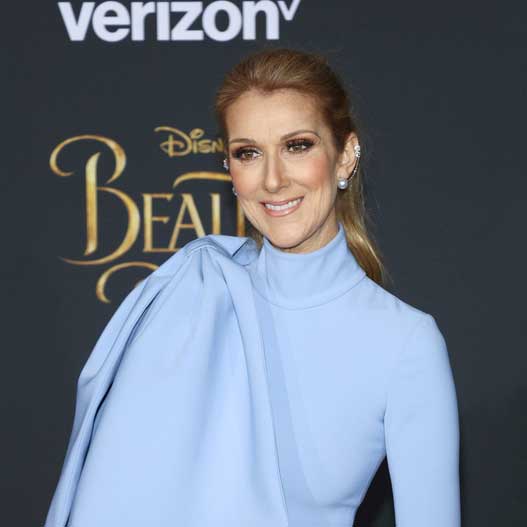Former President Donald Trump sparked controversy on August 9, 2024, when he played a video featuring Celine Dion performing her renowned ballad, “My Heart Will Go On” at a campaign rally in Bozeman, Montana. The song, popularized as the theme for the 1997 film “Titanic,” was used without Dion’s knowledge or consent, leading to instant backlash from her team.
Shortly after the rally, Dion’s management and her record label, Sony Music Entertainment Canada, released a joint statement, expressing their dissatisfaction with the unauthorized use of Dion’s video, recording, musical performance, and image at a Trump/JD Vance campaign rally. They also questioned the choice of this particular song for the event.
The use of “My Heart Will Go On,” a song famously associated with the sinking of Titanic, at a political rally has drawn attention. Some observers on social media pointed out the ironic symbolism, noting that a campaign seemingly on the brink of failure would naturally have a corresponding soundtrack. Others speculated that the song choice might be a deliberate gag, illustrating internal mockery within the campaign.
This occurrence has refocused attention on the larger issue of political campaigns using popular music without obtaining the necessary permissions from the artists. Dion is the latest in a series of musicians, including The Rolling Stones, Adele, Neil Young, and Aerosmith’s Steven Tyler, who have protested Trump’s unauthorized use of their music at his events. Despite these objections, the Trump campaign has persisted in using various artists’ music, often triggering public confrontations.
Legal experts maintain that political campaigns are required to secure a public performance license to use copyrighted music at their events. These licenses are usually provided by organizations such as the American Society of Composers, Authors and Publishers, or Broadcast Music Inc. Even though most venues have blanket licensing agreements allowing them to play a wide array of music, using an artist’s work in a political context can become contentious, particularly when the artist does not endorse the candidate.
In Dion’s case, there are further concerns beyond copyright infringement relating to her image and reputation. The Trump campaign’s use of a video of Dion performing could mistakenly imply her endorsement of the candidate. Her team promptly dispelled such notions, emphasizing that Dion neither supports nor endorses the unauthorized use of her music.
The timing of this incident is also noteworthy as Dion had just made a celebrated return to the stage following an extended hiatus due to health problems. Merely two weeks prior, she had surprised fans with a performance at the Paris Olympics opening ceremony, marking her first public performance since 2020. The renowned singer, who disclosed her diagnosis with stiff-person syndrome in 2022, has maintained a relatively low profile in recent years, making her recent return all the more significant.
Despite the controversy surrounding the unauthorized use of Dion’s music, Trump is unlikely to stop using popular songs at his rallies. His campaign is known for its diverse playlist, ranging from patriotic anthems to musical theater tunes. However, the repeated disagreements with artists over music use call into question the campaign’s strategy and the possible legal and reputational risks it incurs.
As the 2024 presidential campaign intensifies, it remains uncertain whether the Trump team will take into account the objections of artists like Dion or continue to test the limits of acceptable music use at political events. What is clear, however, is that Celine Dion’s heart will not be a part of Trump’s campaign.

